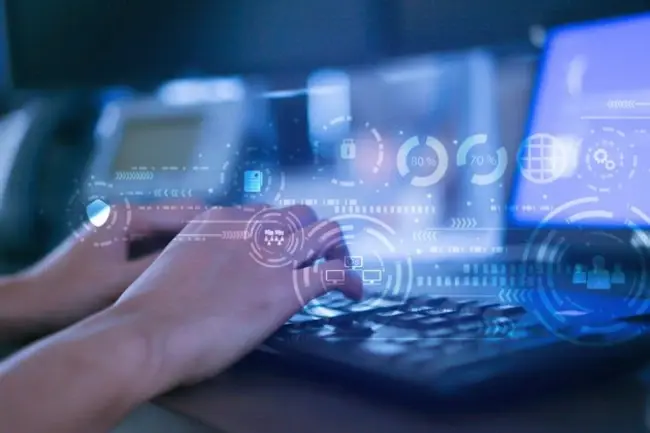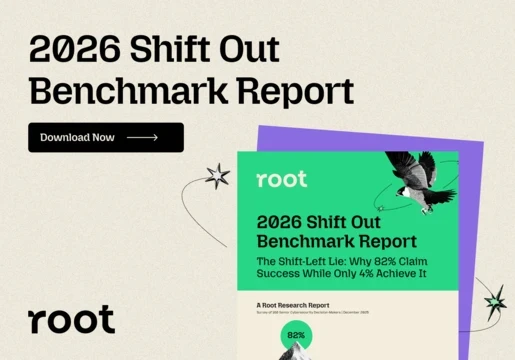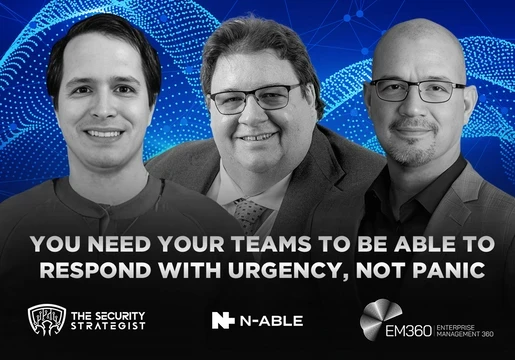Today, it is more important than ever to implement cybersecurity in an industrial environment. Indeed, a 2015 investigation cited the manufacturing and production industry as the second most attacked industrial sector following health.

Cyberattacks are on the rise
This month, Nixu released a new whitepaper in order to assess the current state of cybersecurity in an industrial environment. According to the report, information security will soon become "as much a natural part of everyday routines in industrial companies as annual maintenance and occupational safety." Causing actual physical harm in an industrial environment is reportedly quite challenging. Nevertheless, network systems that combine production and monitoring enable attackers to cause physical damage via digital means. Despite this, the report observes that affecting the network systems of industrial plants is not a simple task. Hackers must thus possess a "profound understanding" of the process in order to launch an attack with physical consequences. Nixu also notes that it is much easier to cause harm in production. Usability of the automation side is "easy to affect", so if hackers are able to reach the environment with ransomware they can "paralyse the whole production environment."
Implementing cybersecurity in an industrial environment
In order to mitigate these threats, Nixu insists that the "ideal scenario" monitors both the IT and OT side of the factory. Indeed, events on the IT side are reportedly the first to hint at what could happen on the OT side. While digitisation and online environments have brought a wealth of benefits to the industry, many companies are failing to adopt robust cybersecurity strategies. Despite this, it is incredibly risky "to run a factory without considering information security." As a result, Nixu predicts that information security will become a part of everyday routines. Information security should reportedly "only be a part of engineering work and technical planning, the standard system architecture." Implementing cybersecurity in an industrial environment should not be a massive challenge, however. Above all, information security equates to "simple and easy tasks that should be a part of everyday routines." This entails good password practices, secure connections, user rights management, and regular inspections. However, Nixu insists that "an organization is only as strong as its weakest link" and it is thus integral to adopt a robust information security strategy.
What ethical challenges should companies consider when implementing AI? Listen to our latest podcast with Managing Director at Brainpool AI Kasia Borowska to find out







Comments ( 0 )